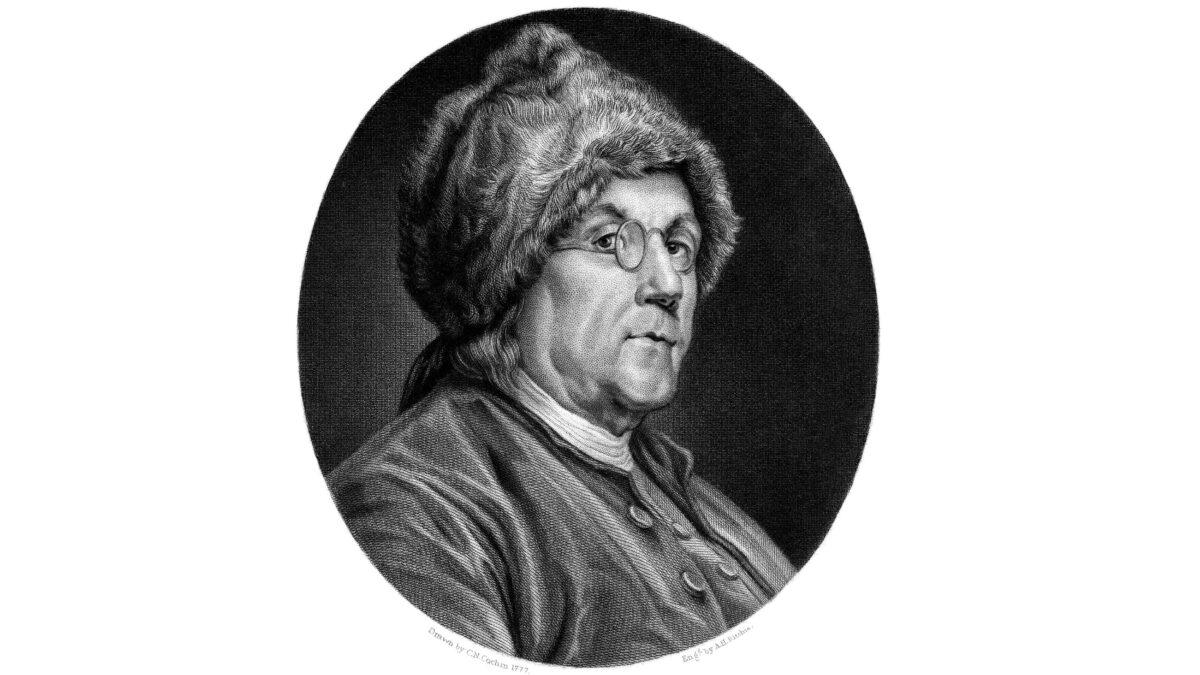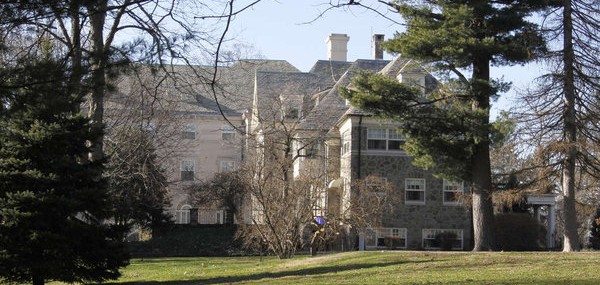 Photo by Daniel ODonnell on Unsplash
Photo by Daniel ODonnell on Unsplash
George Hofmann: Although it all seems like more than we can handle, we have been here before
In considering the world we live in today, it helps to refer to, and rely on, a careful reading of history to help us understand the issues we currently face. We revel and wallow in proclamations of how what is happening right now is unprecedented, only to find out that, with just a little hindsight, we can clearly see we have been here before.
We are in one such moment. As we face political polarization, a pandemic, social upheaval and economic challenges that many proclaim have never troubled us before, it is easy to despair that we are in the most difficult period we, as individuals and as a people, have ever faced. But it has happened before. All of it. And for many of us it has happened within our lifetimes.
Consider the 1970s. The decade began with race riots over a police shooting in Camden, New Jersey. War ravaged Vietnam. Richard Nixon, a president with his own private security force known for “dirty tricks” and who thought the Department of Justice was his personal law firm, resigned under threat of impeachment. By the time we celebrated the bicentennial in Philadelphia, neighborhoods were ruled by organized crime. Gasoline and heating oil were being rationed. The unemployment rate was 8 percent. As the decade wore on inflation topped 11 percent and interest rates were on their way to 21 percent. The Cold War raged on and left most people to believe that they would not die a natural death but would instead be immolated in a nuclear holocaust. By the end of the decade US hostages were held in the Iranian embassy. Jimmy Carter, an embattled president who many thought was merely ineffective and others thought was the worst we’ve ever had, faced off against Ronald Reagan, a conservative from California who some argued would pivot the country so far to the right that the republic would be rendered unrecognizable.
If you protest that the 70s was an entire decade and that we’re facing crises like these and more in one single year, 2020, you’ve forgotten or haven’t studied 1968.
There was no civil war, nor a constitutional crisis. We recovered just fine and prospered in peace.
If you protest that the 70s was an entire decade and that we’re facing crises like these and more in one single year, 2020, you’ve forgotten or haven’t studied 1968.
The Reverend Dr. Martin Luther King Jr. and Bobby Kennedy were assassinated. After King’s death cities across the country burned in riots and looting. The Vietnam War entered its most deadly period and families were divided over positions on the conflict. When Lyndon Johnson declared he would not seek a second term, the Democratic Party fractured into a free-for-all. Riots disrupted the Democratic National Convention in Chicago and police brutalized the protestors. As Hubert Humphrey received the nomination, a group which really included white supremacists split from the party to run George Wallace. In the presidential election Wallace received 14 percent of the popular vote. Republican Richard Nixon won with less than 50 percent of the vote. People proclaimed the country had never been so polarized.
In a direct parallel to 2020, in 1968 the Hong Kong flu pandemic killed as many as 4 million people worldwide. Bodies were stored in subway tunnels in Germany and half the workforce in France was bedridden. In the United States nearly 100,000 people died. There were no shutdowns.
The lesson of our history is that there is always hope and things always get better. Despite the challenges we face today, almost every one of us is better off in income, health and opportunity than we were in 1968 or at any point during the 70s.
As before, there was no civil war. There was no constitutional crisis. Difficult years followed, but in the end we recovered just fine and prospered in peace.
In light of our history we all need to take a deep breath and relax. Then we should carefully consider these events and apply what was learned to our current situation. The lesson of our history is that there is always hope and things always get better. Despite the challenges we face today, almost every one of us is better off in income, health and opportunity than we were in 1968 or at any point during the 70s. If we defer to the values that unite us, even when we vehemently disagree, everything will turn out OK. I’m no Pollyanna to point this out. It has always worked out this way.
Obviously, the good old days had their rough spots, and we’ll encounter more of them. We’re in one right now. Surely we will look back on 2020, with the disputed election, the pandemic and the violence over race as an aberration in the uniquely American march toward prosperity, opportunity and liberty. We hold these truths, and even in this seemingly desperate time, they are still true.
George Hofmann is the author of Resilience: Handling Anxiety in a Time of Crisis. He lives in Philadelphia with his wife, their daughter and two poorly behaved dogs.



